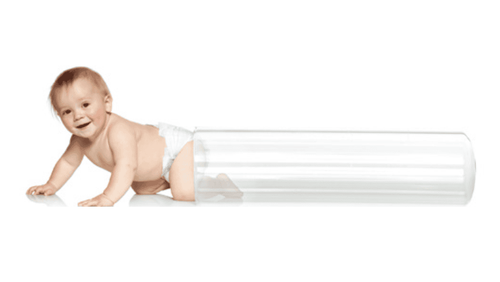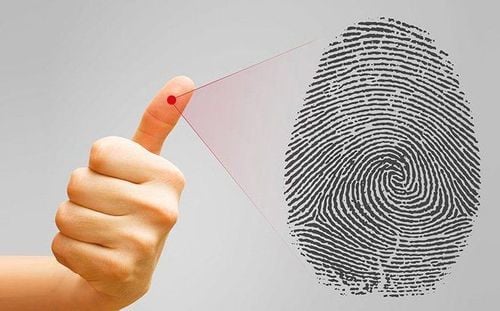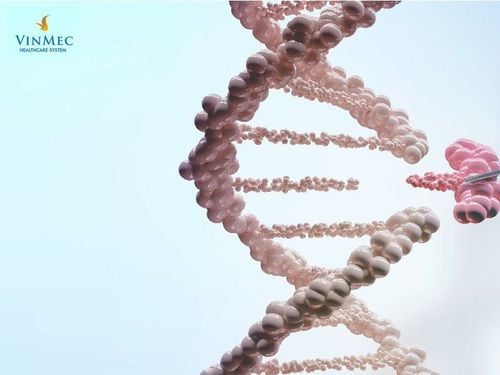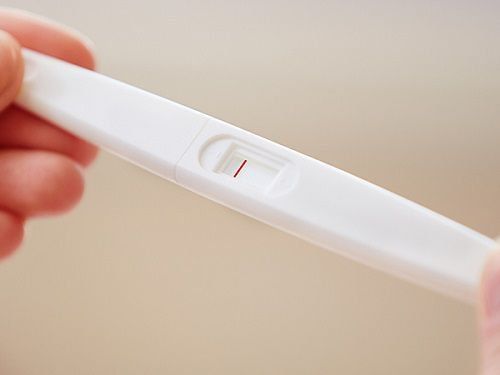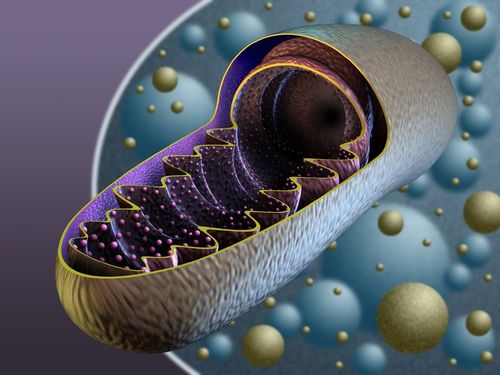This is an automatically translated article.
Article written by Dr. Nguyen Thi Hieu, Research Specialist, Vinmec
Stem Cell Research Institute and Gene Technology
Mutations in mitochondrial DNA can cause many serious diseases and are maternally inherited. Recently, doctors in the field of preventing the transmission of disease-causing mtDNA mutations have studied and created a baby of three parents using the technique of replacing mitochondria in cells combined with successful artificial insemination.
1. What is mitochondrial DNA (mtDNA)?
Mitochondrial DNA (mtDNA) is a multi-copy genome with variable numbers depending on the type of cell/tissue, or the stage of cell/tissue development. Mutations in mtDNA can cause many serious diseases, which are inherited in the maternal line.
Mutations in mtDNA often exist as a subset of the total mtDNA, a phenomenon known as heteroplasmy. Mitochondrial dysfunction due to mutations in mtDNA usually manifests only after the level of heterogeneity has reached the expression threshold, so one research direction of interest is shifting the heterogeneity of the mitochondrial mutation by Molecular method or replacement/supplementation of healthy mitochondria containing wild-type mtDNA.
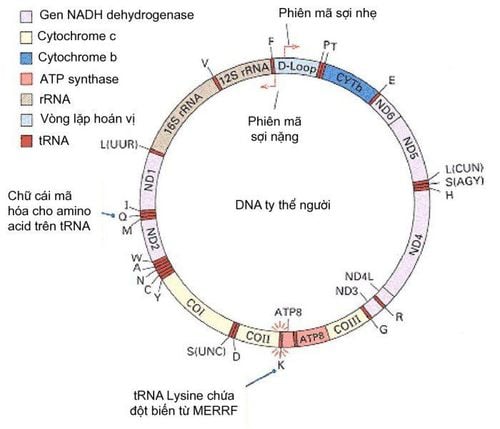
Bản đồ gene của DNA ty thể
The most resounding success in the field of preventing the transmission of pathogenic mtDNA mutations is the creation of a 3-parent baby by intracellular mitochondrial replacement technique combined with artificial insemination.
Specifically, the scientists removed the nucleus in egg cells containing the mother's mutant mitochondria, and then transferred the nucleus to healthy egg cells that had removed the donor nucleus. The father's sperm is then fertilized with a donor egg that carries the mother's nucleus.
In this way, the mother can still pass the genetic material in the nucleus of the cell to her baby but prevent diseases caused by mutations in the mitochondrial DNA. And the baby born will carry the DNA of three subjects, the biological parents and the mitochondrial DNA of the egg donor.
In addition, molecular therapies target and cleave mutation-carrying mtDNA for heteroplasmy using gene therapy and gene-editing techniques such as Zinc-finger nuclease and enzyme stimulation Transcriptional activation is also a potential method, offering hope to patients with mutations in mitochondrial DNA.
2. Application of autologous stem cell infusion therapy
Recently, autologous stem cell infusion therapy with multiple healthy mitochondria (Mitochondrial Augumentation Therapy) in patients with mitochondrial mutations is undergoing clinical trials in patients with mitochondrial DNA mutations. like Pearson syndrome or KSS.
Specifically, for mitochondrial disease caused by mutations inherited from the mother's mitochondrial DNA, healthy mitochondria are obtained from the placenta of the newborn. However, with mitochondrial diseases that are not inherited from the mother's mtDNA, the mitochondria are isolated from the maternal leukocytes.
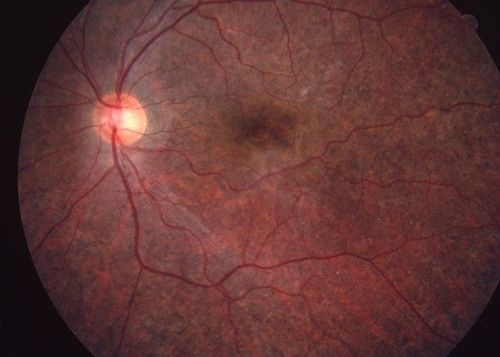
Hội chứng KSS (Kearns-Sayre Syndrome)
Then, the patient will be mobilized hematopoietic stem cells from the bone marrow to the peripheral blood. The patient's hematopoietic stem cells, after being separated, will be incubated with healthy mitochondria separated from the patient's mother's peripheral blood or from the placenta to obtain stem cells with a large amount of healthy mitochondria and transfection. back to the patient. The initial results of this clinical trial are very encouraging, opening a bright future for incurable diseases caused by mutations in mitochondrial DNA.
References :
Pavandeep K. Rai et al ., Advances in methods for reducing mitochondrial DNA disease by replacing or manipulating the mitochondrial genome. Essays in Biochemistry . 2018, 62 455-465. DOI: https://doi.org/10.1042/EBC20170113 http://minoviatx.com/mitochondrial-augmentation-therapy/ MORE:
What types of samples can be tested for ancestry DNA? What do DNA test results mean? Prenatal genetic diagnostic testing: What you need to know




